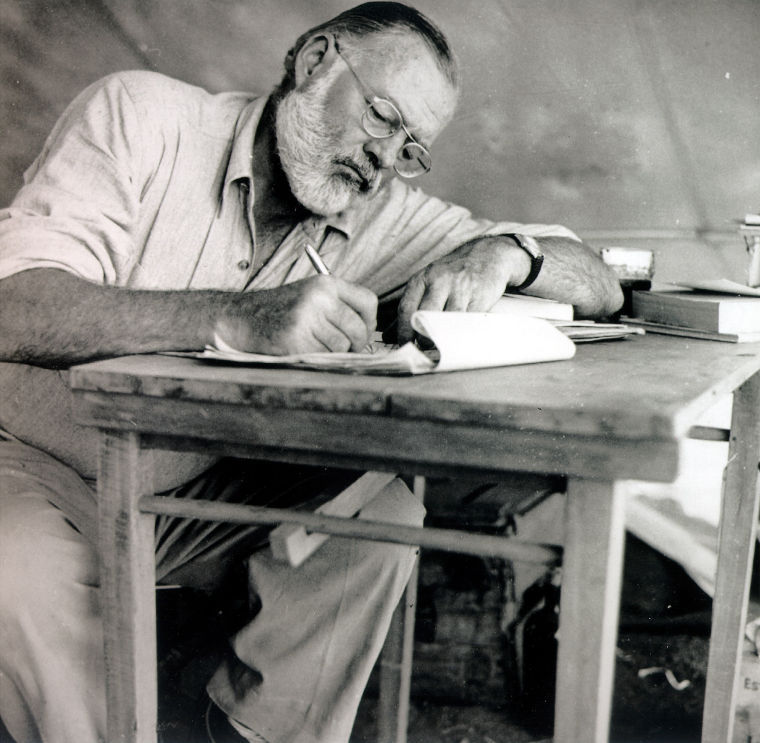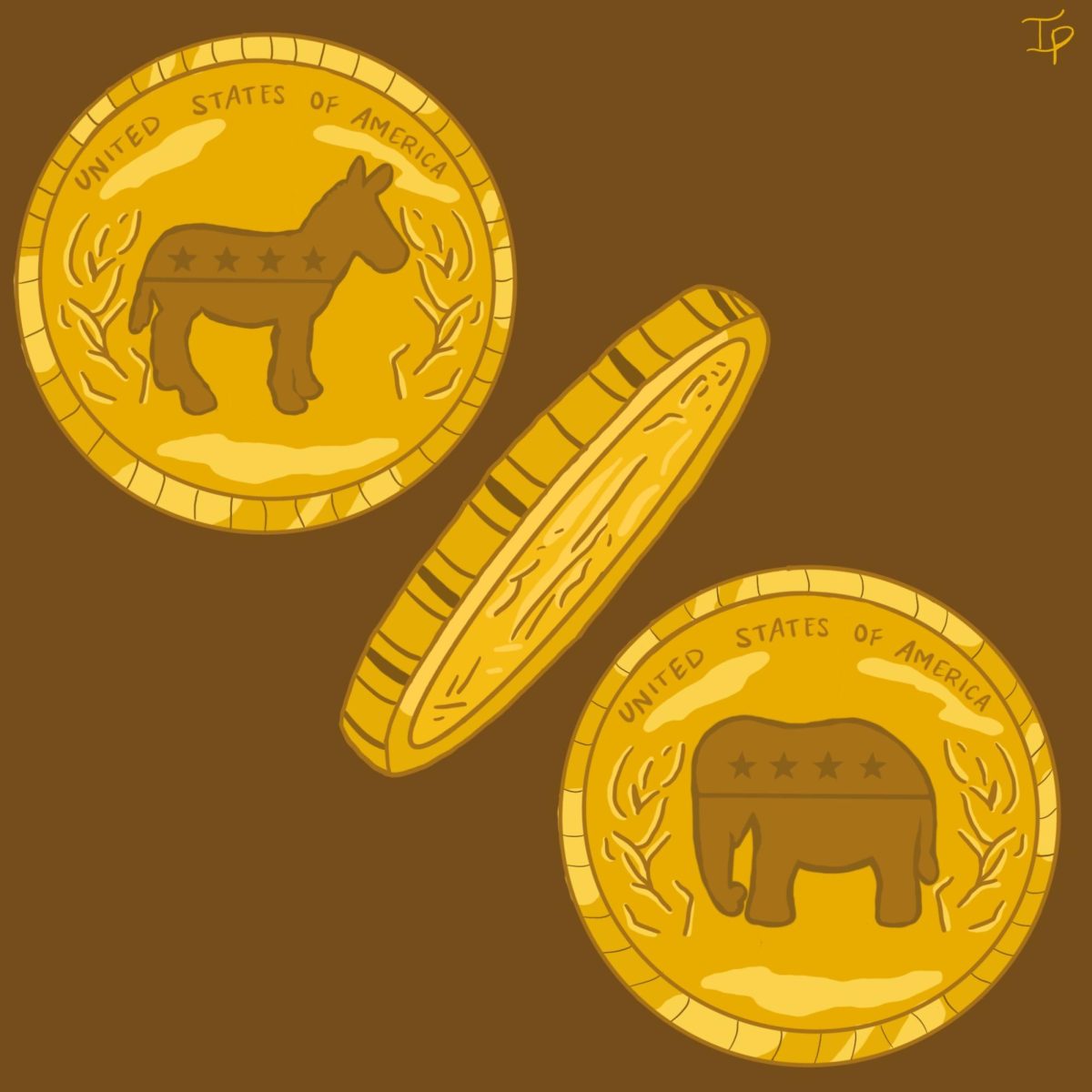Employment Guide: Writers deserve credit for work ethic, not love of booze
February 7, 2014
Writers get a bad rep.
In fact, judging from most of the conversations I’ve had with my fellow students about the world of writing and the famous authors that populate it, you’d think that actually writing books and articles was an afterthought — something they did as a way to sober up between benders, or perhaps something that incidentally happened during blackouts.
In this way, famous writers of old have become nearly mythological figures, and in the process we’ve come to believe that the path to great writing begins and ends with hitting the sauce while ignoring all the hard work and single-minded dedication it takes to truly succeed in the realm of the written word.
We’ve all heard the stories: Ernest Hemingway downing absinthe, wine and endless mojitos in the Florida Keys as though his heart would stop beating the instant his blood alcohol content hit zero, William Faulkner’s ardent belief and philosophy that “there is no such thing as bad whiskey,” Charles Bukowski’s search for whatever drink was cheapest. There are enough accounts of the drinking habits of famous writers to start a series of reference books.
For all the truth that lies in these tales of heavy drinking, the stories fail to take the other side of writers’ lives into account. You know, the writing side. Perhaps this is because it’s difficult to picture the same writers who downed copious amounts of booze pulling themselves out of bed early the next morning to finish their opus.
Yet oftentimes that’s the way it was. Those same hard-drinking authors that we young writers cite as our excuse for pouring a drink on a Tuesday weren’t just getting blasted at a bar in Paris on a Tuesday night. Most of them were incredibly, even disturbingly disciplined writers who worked diligently at their craft.
Let’s begin with the man held aloft as the godfather of all alcoholic writers: Hemingway. Though Hemingway certainly had a love affair with alcohol, his work ethic and his single-minded dedication to his work when he was working is often lost amid all the tales of his macho glory. In a 1954 interview with the Paris Review, Hemingway remarked: “When I am working on a book or a story, I write every morning as soon after first light as possible. There is no one to disturb you and it is cool or cold and you come to your work and warm as you write. … I always rewrite each day up to the point where I stopped.” He was also a notorious re-writer of material, and went on to add that he rewrote the last 30 pages of “A Farewell to Arms” 39 times.
Hemingway wasn’t alone in this regard. Dozens of other highly successful writers — many of whom also developed reputations as boozehounds — have professed to have a fierce work ethic and a knack for rewriting. According to a letter from Kurt Vonnegut published on the website Brain Pickings, he began to write at 5:30 a.m. each day and continued off and on throughout the day. Bukowski’s life remains shrouded in hearsay and a boozy haze, but many accounts have him sitting at his typewriter for 10 hours at a time. Maya Angelou told the Paris Review in 1990 that for every 10 pages she wrote, she would pull out two that were salvageable. It’s a shame that so much of this remains forgotten amid the deluge of stories about famous writers. We get a false impression of what the life of a writer is actually like and ignore all the maddeningly hard work that goes into it. Writing isn’t simply some gift endowed upon the person who downs the most bourbon. It’s a difficult profession, and, like many others, one where the best of the best have developed strong discipline and a desire to endlessly improve.
Write to John at aeeditors@pittnews.com.



